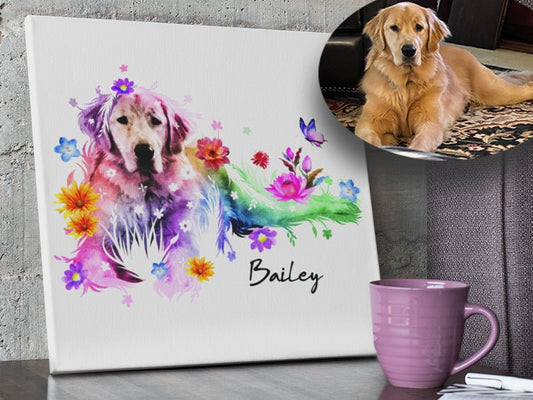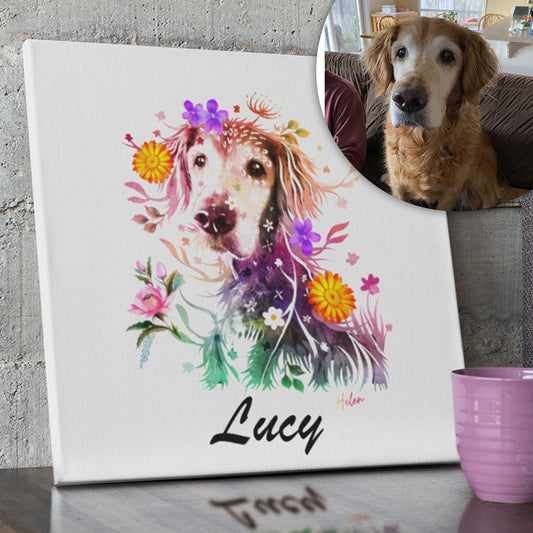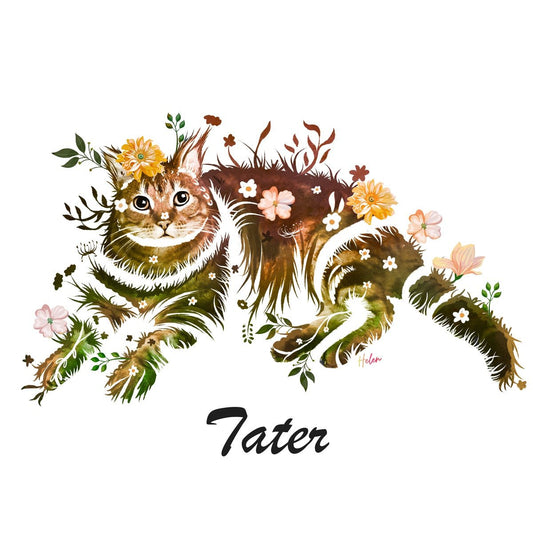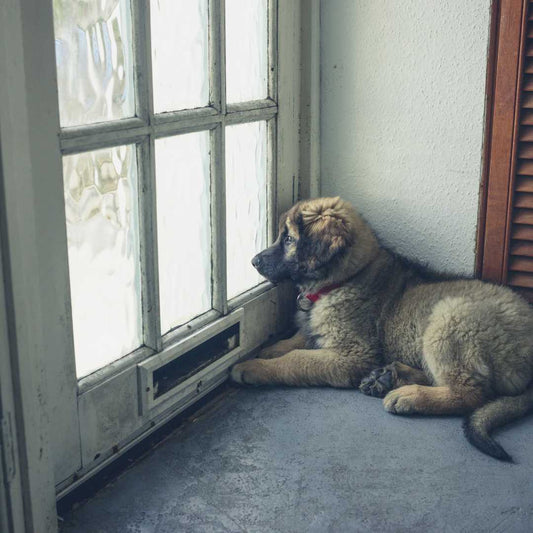When a treasured pet is gone, it can be devastating. Dealing with the feeling of loss can vary from person to person. This blog post will explain the phases of grief and provide helpful advice for moving forward with life after saying goodbye to a pet. Read on for insight into how to help yourself heal in this tough situation.
Why is losing a pet so painful?
When a pet dies, it is not just the loss of an animal — it is the loss of a close friend and confidant. Pets become a part of the family, and their death can be devastating.
The pain of losing a pet is often underestimated by those who have never had one. Pets provide companionship, love, and security, and their loss can leave a big hole in our lives.
There are several stages of grief that people go through when they lose a pet. Denial is common at first, followed by anger, bargaining, depression, and finally acceptance. Each person grieves in their own way and there is no “right” or “wrong” way to do it.
It is important to allow yourself to grieve and to reach out for support if you need it. There are many resources available for those who are struggling with the loss of a pet. Talking to friends, family members, or even a therapist can be helpful. There are also online support groups and hotlines available if you need someone to talk to outside of your immediate circle.
No one should have to go through the grieving process alone. Reach out for help if you need it, and know that you are not alone in your sorrow.
What are the 7 stages of grief after a death of a pet?
The seven stages of grief are: Shock and Denial, Pain and Guilt, Anger and Bargaining, Depression, Acceptance, Hope.
Shock and denial are usually the first reactions after a pet dies. This is a normal response to help us cope with the loss. The pain and guilt stage can be very difficult. We may feel guilty for not spending more time with our pet or for not doing more to prevent their death. Anger is also a common feeling during this stage. We may be angry at ourselves, the vet, or God. Bargaining is when we try to make deals with God or fate in order to bring our pet back. Depression is a natural part of the grieving process. We may feel hopeless and alone. But this stage is important because it allows us to start accepting the loss. Acceptance doesn't mean that we are happy about the death of our pet, but it does mean that we are beginning to accept that they are gone. Hope is the final stage of grief. It's important to remember that although our pets are gone, we can still find joy in life.
How do I overcome the grief of losing my pet?
The loss of a pet can be a difficult and painful experience. The following are some tips that may help you through the grieving process:
1. Acknowledge your feelings: It is normal to feel sad, angry, or guilty after losing a pet. Allow yourself to grieve in whatever way feels right for you.
2. Express your grief: Talk about your pet with friends or family members who will understand and offer support. Write about your feelings in a journal. Consider attending a support group for people who have lost pets.
3. Take care of yourself: Grieving can be emotionally and physically exhausting. Make sure to eat healthy meals, get plenty of rest, and exercise regularly. Avoid alcohol and drugs, which can make feeling better more difficult.
4. Find ways to remember your pet: Create a photo album or memory box filled with items that remind you of your pet. Plant a tree or garden in your pet’s memory. Donate to a charity in your pet’s name.
How long does grief last after losing a pet?
The loss of a pet can be a difficult and trying time. Just like with the death of a human loved one, the grieving process can vary greatly from person to person. Some may find themselves grieving for months or even years, while others may only feel sadness for a short period of time. There is no wrong or right way to grieve, and it is important to allow yourself to experience whatever emotions come up. If you are struggling to cope with the loss of your pet, there are many resources available to help you through this tough time.
How to deal with the loss of a pet
The loss of a pet is a difficult experience that can leave you feeling overwhelmed with sadness and grief. It is important to allow yourself time to grieve and to express your emotions. There are many ways to deal with the loss of a pet, and there is no right or wrong way to grieve. Some people may find comfort in talking with friends or family members about their pet, while others may prefer to keep their memories private. Some people may choose to memorialize their pet by creating a shrine or planting a tree in their honor. Others may choose to donate to a animal shelter in their pet’s name. Whatever you do, make sure that you are taking care of yourself during this difficult time.
When is it time to get another pet?
When is it time to get another pet? This is a difficult question to answer, as everyone grieves differently and there is no set timeline for grieving. Some people may feel ready to get another pet immediately after the loss of their previous one, while others may need more time to heal. There is no right or wrong answer, and ultimately you should do what feels right for you.
If you are considering getting another pet, there are a few things to keep in mind. First, make sure you are emotionally ready and have healed from the loss of your previous pet. It's important to be able to give your new pet the attention and love they deserve, without still feeling grief over the loss of your old one. Secondly, consider whether or not you have the time and resources to care for another pet. Pets require time, effort, and money, so make sure you are able to commit before taking on the responsibility of another animal.
only You should also think about why you want another pet. Are you looking for companionship? Are you hoping to fill the void left by your previous pet? Or are you simply ready for a new addition to the family? Be honest with yourself when answering these questions, as they will help guide your decision on whether or not now is the right time for another pet.
Pet grieving and kids
It's not just adults who grieve the loss of a pet. Children often form strong bonds with their pets, and the death of a pet can be devastating for them. Here are some tips for helping your child through the grieving process:
-Acknowledge your child's feelings. Let them know that it's okay to be sad, and that you're there for them.
-Encourage your child to express their feelings. This can be through talking, writing, drawing, or any other creative outlet.
-Help them remember their pet. Encourage them to share stories and memories of their time together. You could also create a special photo album or memory box.
-Keep routines as normal as possible. If your child had a regular routine with their pet (walking, feeding, playing), try to keep that going even after the pet is gone. It can provide some sense of comfort and stability during a tough time.
Where to find support
When a pet dies, it can be difficult to know where to turn for support. The grieving process is different for everyone, and there is no single right way to cope with your loss. However, there are many resources available to help you through this difficult time.
Your veterinarian or local animal shelter may be able to put you in touch with a grief counselor or support group. There are also many online resources available, including pet loss hotlines and chat rooms. These can be a great way to connect with others who are going through the same thing as you and get support 24/7.
If you're struggling to cope with the loss of your pet, don't hesitate to reach out for help. Grief is a normal and natural reaction to loss, and there is no shame in seeking out support during this difficult time.





